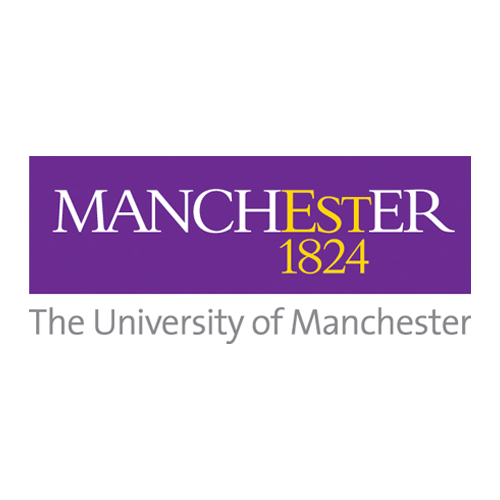University of Manchester | Manchester | UK
The Manchester Urban Institute works across several transdisciplinary research agendas addressing urban challenges and opportunities in the 21st century. It co-produces knowledge of how cities work with government, industry, communities and the third sector. Kevin Ward introduced us to the institute.
What are the unique features of the Manchester Urban Institute?
We try to be a vehicle for the amount of urban work that gets done at the University of Manchester. We try to pull together all of the urban colleagues we have on campus from across the different departments and the different aspects of university, and we try to support, cajole and encourage them to do more with the kind of work they’re doing. We have colleagues working on a range of sub-agendas or parts of the urban agenda. Some of that is about graduate teaching. Some of it’s about speaking to other academics about concepts and ideas and methods. Some of it’s about changing the lives of citizens and cities around the world for the better. We’ve created a few initiatives, but we’ve also worked with colleagues who already have a trajectory of doing certain kinds of research and just try and enhance or augment or support what they do.
How do you approach interdisciplinarity within the platform?
Urban studies, by definition, is an intellectual space that brings together bits of different disciplines. In Manchester the dominant bits are from geography and planning, as well as a bit of architecture, development studies, political science, and a small bit from sociology, a little bit from history. So bits of five or six disciplines constitute urban studies at Manchester, that’s in our DNA. But it’s not equal. There are some bits that are over-represented numerically, in terms of the people involved. But also the tone of the debates are framed by those bits that are numerically stronger. The people who participate or want to take a lead on initiatives, events or programmes or who contribute to blogs tend to be those people who are at the edges of those disciplines who are prepared to be nudged. We’re not trying to straitjacket or produce a definition of urban studies, we’re not trying to all sign up to something that says this is what we believe urban study is. We’re a space to bring together people from different disciplinary backgrounds, different methodological orientations, different assumptions, and try and get them in different small sets of conversations working together and working through issues.
How do you approach comparison between cities?
Most of the people at Manchester historically have worked on cities of the Global North, but we’ve been growing the contribution of colleagues in the Global South. That opens up a very fruitful way of thinking about comparison and about destabilising concepts and ideas and theories. It’s a kind of fledgling conversation at Manchester, but it’s something that’s interesting. We’ve used Manchester Urban Institute to encourage departments in their hiring practices, to hire more academic colleagues whose expertise work is urban and on an Africa or Asian city context. There are a growing number of colleagues, mostly early career, who have a kind of orientation in the world in terms of the concepts they use, but who also do fieldwork and have expertise on cities of the Global South. So numerically, we now have more colleagues from that background, and that then just begins to change the nature of the conversation, in terms of the concepts you use, the things you’re interested in, the things you take for granted.

